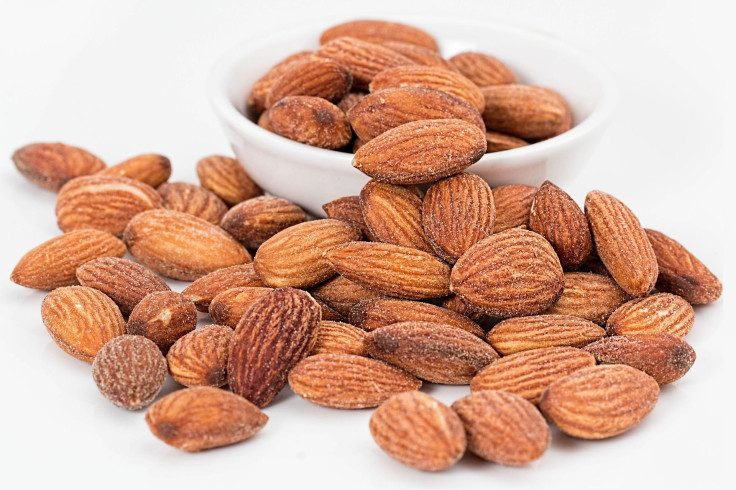Does Eating Nuts Help Prevent Weight Gain?

Two clinical studies have upheld previous findings showing a daily serving of nuts might keep off the extra weight people tend to accumulate as they grow to adults.
One of these studies, which was published in the journal, BMJ Nutrition, Prevention & Health in 2018, examined the effects of eating more nuts on weight control. This particularly large observational study involved more than 155,000 men and women throughout the United States.
Of this total, 27,521 were men enrolled in the Health Professionals Follow-up Study between 1986 and 2010; 61,680 were women that participated in the Nurses' Health Study between 1986 and 2010, while 55,684 were women that participated in the Nurses' Health Study II between 1991 and 2011. The latter group of women tended to be younger than those in the second group.
Analysis of data indicated that increasing daily nut consumption by half a serving was linked to a smaller risk of gaining two or more kilograms of weight over a four-year period. The same half-serving increase in walnut intake was also linked to a 15 percent lower risk from obesity.
The study also showed replacing processed meats, refined grains or desserts with half a serving of nuts was linked to not accumulating 0.41 kg to 0.70 kg in any given four-year period.
Consuming at least half a serving of nuts a day was linked with preventing 0.74 kg of weight gain. It was also linked to lower overall risks of moderate weight gain and obesity.
Consistently increasing one's nut intake by half a daily serving was linked to a 23 percent lower risk of gaining five or more kilograms and a lower risk of obesity over a four-year period.
Researchers surmised one possible explanation for these results could be that chewing nuts demands a lot of effort, making people less likely to eat anything else. Of course, nuts are high in fiber, which increase satiety.
Nuts also delay stomach emptying, thereby suppressing hunger and making a person feel full far longer. In addition, nut fiber binds better to fats in the gut, which causes more calories to be excreted.
The study confirmed nuts high in unsaturated fats help turn calories into energy at a faster rate. Nuts increase the oxidation of fats and thermogenesis, which explains this outcome.
"Our results indicate that increased consumption of total nuts or any types of nut (including peanuts) is associated with less long term weight gain, despite being calorically dense," the researchers said.
"Incorporating nuts as part of a healthy dietary pattern by replacing less healthful foods may help mitigate the gradual weight gain common during adulthood and beneficially contribute to the prevention of obesity."
The study was conducted by Xiaoran Liu, PhD, a research associate in the Department of Nutrition at the Harvard T.H. Chan School of Public Health in Boston, and colleagues, who set out to examine the effects of eating more nuts on weight control.
Published by Medicaldaily.com



























